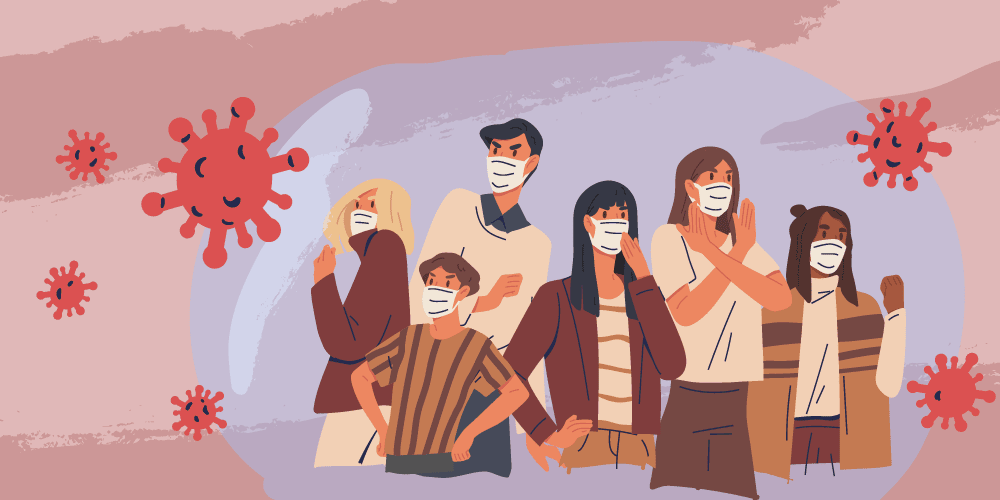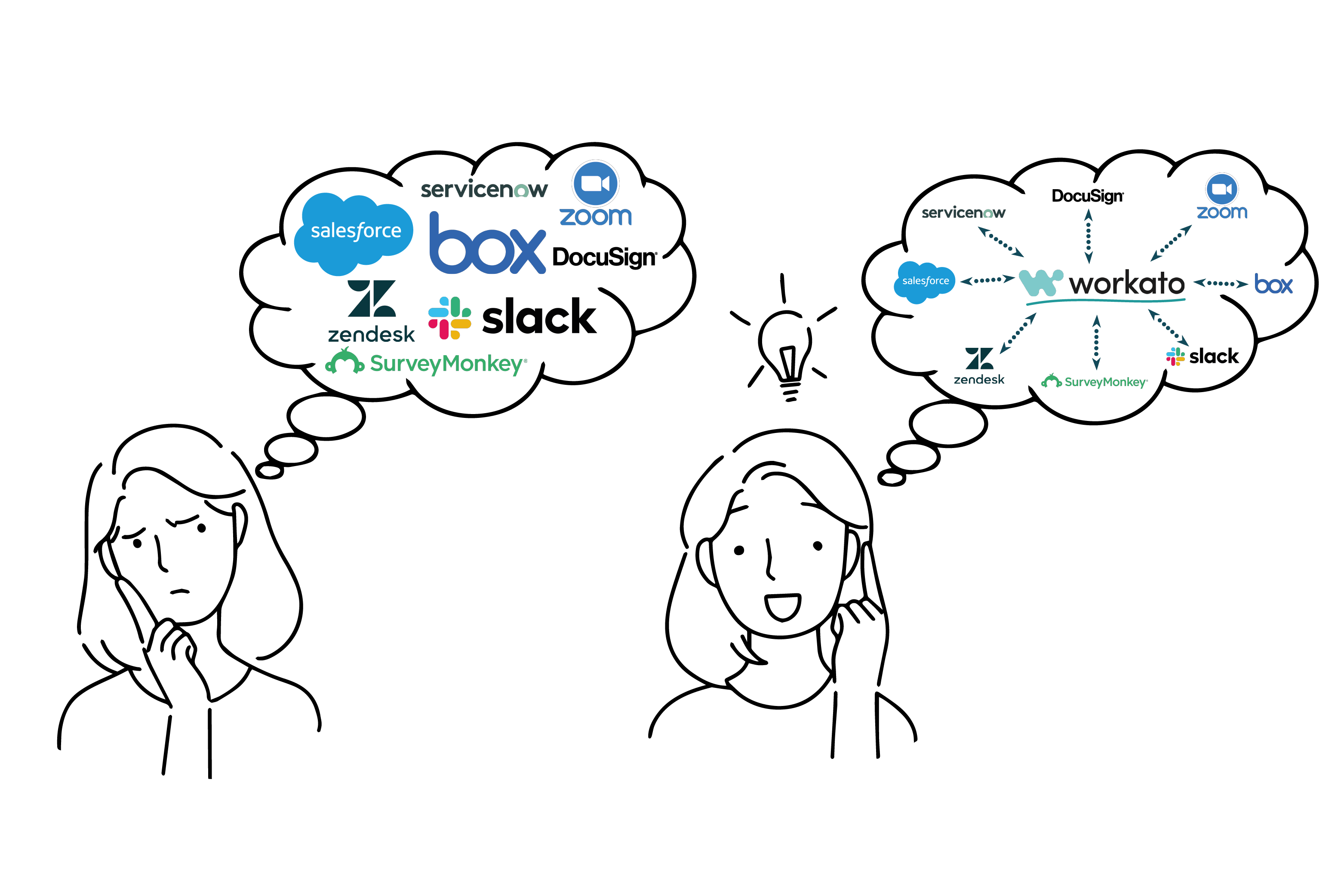Sign Up for Our
Updates
Having spent 2019 building the foundations for success, we had all of these elements in spades.
However, as a small organisation with a fledgling high-value strategy and a major dependency on mass participation events, the sliver of time between February and March 2020 changed everything.
The word “unprecedented” has been bandied about so much now it has almost lost all meaning. At its core, “unprecedented” refers to something "never done or known before," and let's be honest, as overused as the phrase is, that sums up the last 18 months in every possible way.
Unfathomable, unexpected, utterly unknown, challenging, relentless, revolutionary, and exceptional are now words I'd also use to explain the most tumultuous and sector-defining period of my career and life to date.

Like many of you, in March 2020, our most feared situation became reality. As the country was plunged into lockdown, we were forced to rethink every possible avenue of income, service delivery, and team support whilst also balancing our personal lives and supporting our team members.
It was something none of us had ever experienced before. There was no roadmap to turn to, and no risk planning had ever factored in a disruption of this magnitude.
As a sector, we all took one extended intake of breath and scratched our heads as we calculated what to do next. We had the briefest of moments to figure everything out as non-profits cannot afford to fail. This is almost laughable because most function with limited reserves of 3-6 months' deliverable work at any given moment.
Failure is a risk frequently and narrowly avoided but also expertly mitigated through strategic development, sector collaboration, data insights, audience mapping, technology to manage complex needs, and experience built and honed over many years.
As a fundraising lead working through the beginning stages of the pandemic, I saw that line of sight to income and safety net of experience slip away. Around the sector, friends and colleagues faced similar circumstances. Of course, the situation was not the same for all, but many of us suddenly had a steep learning curve to climb.
Leadership teams and boards had to steady their nerves, and teams had to innovate faster than ever before. Maintaining morale and motivation was a delicate balancing act given the ever-changing goalposts and the personal impacts on people's lives.
Non-profits cannot falter as they often support the most vulnerable members of society. They are there to catch people who are at risk of falling between the cracks, providing services that otherwise wouldn't exist. In a pandemic, these are precisely the people who need extra help.
The result was that, at a time where income steeply declined, the need for non-profits skyrocketed. Time was not a luxury we had, so there was nothing for it but to roll our sleeves up and get on with the job, accelerating our learning and adapting as we went. This was the only way to meet that vital need.
With the constant change and fluidity of the situation, the pressure was intense, and I’ll admit our missions sometimes felt impossible. For many of us, it became devastatingly clear that we had brought a knife to the proverbial gunfight, and if you’ll permit me to extend the metaphor a touch further, we had both hands tied behind our backs.
As the crisis relentlessly rumbled on, the sheer determination and commitment of those working in the sector saw it rise to the challenge, and then some. Every deliverable was achieved, despite the difficulties faced. However, this is part of why burnout became (and continues to be) a very real concern. Over 45% of non-profits, according to research from the NCVO, list burnout as a high risk on their current risk register.

Looking back to the beginning of 2020, I often ask myself, “Were we prepared?” With all honesty, I have to say no. “Did I and others make mistakes?” You bet. “Did we know what we were doing?” In places, no. However, the needs of our teams and those we supported were central to every decision. “Do I have significantly more experience and insight than ever before?” Absolutely, including a unique and broad perspective to draw on in the future (one which I'm hoping I'll never need to put into practice through another pandemic). “Am I proud of everyone I know in the sector for their combined efforts last year?” I couldn’t be more so!
One of the fundamental truths of humanity is that in crisis, we pull together. It's almost primal. And it wasn't just the sector that showed utter brilliance but the public too.
The efforts of The Captain Tom Foundation, Marcus Rashford and endchildfoodpoverty.org, Olivia Strong, and RUN FOR HEROES have been well documented. However, there were thousands of local heroes helping their communities and causes, big and small, to keep going through the crisis. On top of this, hundreds of causes pivoted their services to keep supporting those in need. They did this despite the cash flow issues they faced and the unprecedented (there’s that word again) restrictions impacting privacy, safety, and patient care.
We have learned rapidly from this period in our history, accelerating digitally by 7 years or more. It's a revolutionary period of change from which we are primed to accelerate even further. The period of development we are now in is akin to historical periods of extreme stress, like those experienced during the 1st and 2nd World Wars. Stressful though they were, these times inspired the development of jet engines. They were also the catalyst for modern computers and radars, blood banks, flu vaccinations, and penicillin. In other words, these tense times revolutionized modern healthcare and life as we know it.
Covid-19 forced change in a way we haven’t seen in more than 50 years. It pinpointed cracks in our plans with excruciating precision, exposing them in a way that forced us to adapt fast. Even the response to the crisis and the vaccine development has been a crash course in agile change.
Most of us knew what needed changing before the pandemic, but back then, we had the luxury of time. With time on our side, these things just weren’t a priority. However, as we make our way out of the crisis, it’s clear that the world we live in has forever changed.
How and where your teams work, the events you run and how donors connected to them, the services you deliver and how they are accessed, the systems and processes you employ – all have taken a huge leap forward.
It is a period of evolution unfolding in front of our eyes. The question now is, where will it lead us?
Given the digital age we now occupy, in my opinion, we are likely to see a transformative period of development; one in which processes and systems are rewritten with the audience or outcome in mind. Efficiency, productivity, and agility will be key, and automation and artificial intelligence are set to become front and centre in our day-to-day lives.
I'm excited to be part of our next LinkedIn Live event, starting on 22nd July at 12:15 pm. We’ll be exploring this topic further and learning valuable lessons from some of the non-profit sector’s leaders. They’ll be sharing their experiences over the last 18 months and discussing the impact we can expect to see on this incredible sector.
Secure your place to learn more and join the debate.



-1.png)
